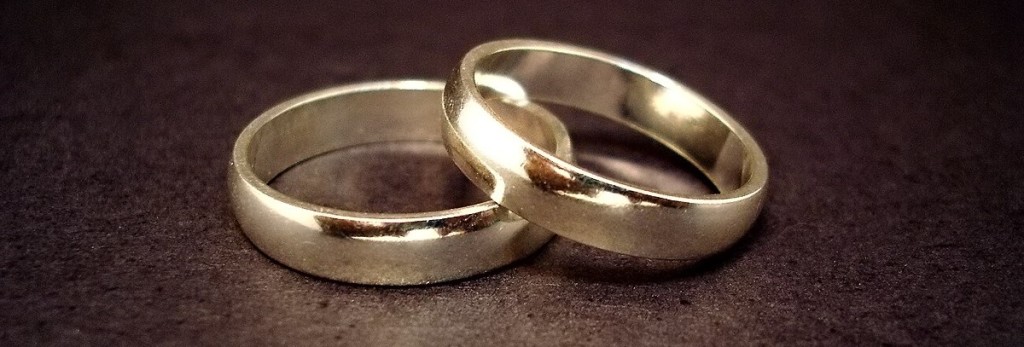This piece is cross-posted at Junior Ganymede.
One of the most famous phrases in Mormon scriptures comes from Lehi’s farewell message to his son Jacob[ref]I called this Jacob’s sermon when I first wrote it. Oops. Fixed after a commenter pointed out the error.[/ref] in the Second Book of Nephi: “For it must needs be, that there is an opposition in all things.” The entire verse reads:
For it must needs be, that there is an opposition in all things. If not so, my firstborn in the wilderness, righteousness could not be brought to pass, neither wickedness, neither holiness nor misery, neither good nor bad. Wherefore, all things must needs be a compound in one; wherefore, if it should be one body it must needs remain as dead, having no life neither death, nor corruption nor incorruption, happiness nor misery, neither sense nor insensibility.[ref]2 Nephi 2:11[/ref]
As I was compiling my notes from my read-through of Steven Pinker’s The Blank Slate, I came across this really stunning echo of that concept. It’s a long quote, but definitely worth the read:
Donald Symons has argued that we have genetic conflicts to thank for the fact that we have feelings toward other people at all. Consciousness is a manifestation of the neural computations necessary to figure out how to get the rare and unpredictable things we need. We feel hunger, savor food, and have a pallet for countless fascinating tastes because food was hard to get during most of our evolutionary history. We don’t normally feel longing, delight, or fascination regarding oxygen, even though it is crucial for survival, because it was never hard to obtain. We just breathe.
The same may be true of conflicts over kin, mates, and friends. I mentioned that if a couple were guaranteed to be faithful, to favor each other over there kin, and to die at the same time, their genetic interest would be identical, wrapped up in their common children. One can even imagine a species in which every couple was marooned on an island for life and their offspring dispersed at maturity, never to return. Since the genetic interests of the two mates are identical, one might at first think that evolution would endow them with a blissful perfection of sexual, romantic, and companionate love.
But Symons argues, nothing of the sort would happen. The relationship between the mates would evolve to be like the relationship among the cells of a single body, whose genetic interests are also identical. Heart cells and lung cells don’t have to fall in love to get along in perfect harmony. Likewise, the couples in the species would have sex only for the purpose of procreation (why waste energy?), and sex would bring no more pleasure than the rest of reproductive physiology such as the release of hormones or the formation of the gametes:
There would be no falling in love, because there would be no alternative mates to choose among, and falling in love would be a huge waste. You would literally love your mate as yourself, but that’s the point: you don’t really love yourself, except metaphorically; you are yourself. The two of you would be as far as evolution is concerned, one flesh, and your relationship would be governed by mindless physiology… You might feel pain if you observed your mate cut herself, but all the feelings we have about our mates that make relationship so wonderful when it is working well (and so painful when it is not) would never evolve. Even if a species had them when they took up this way of life, they would be selected out as surely as the eyes of a cave-dwelling fish are selected out, because they would be all cost and no benefit.
The same is true for emotions towards family and friends: the richness and intensity of the feelings in our minds are proof of the preciousness and fragility of those bonds in life. In short, without the possibility of suffering, what we would have is not harmonious bliss, but rather, no consciousness at all.
The idea that our capacity to experience love is tied to the imperfections in our relationships, to their fragility and capacity to fail, is profound.


Just for the sake of nitpickery – the sermon was given to Jacob, but given by Lehi.
Otherwise, very interesting and insightful to think about .
You’re totally right, Rew. Thanks for pointing out that out.
Interesting. How does this analysis apply to gay attraction? Shouldn’t those attractions have been evolved out if they are all cost and no benefit? Or maybe it’s the opposite: because gay relationships expose the couple to extra societal challenges (at least until now) perhaps their love surpasses that of straights?
Dave K-
I didn’t have any direct or strong connection to homosexuality in mind when I wrote the piece, and I still don’t see any obvious connection between the two. Sorry, I’ve got nothing on that particular issue from this particular post at the moment.